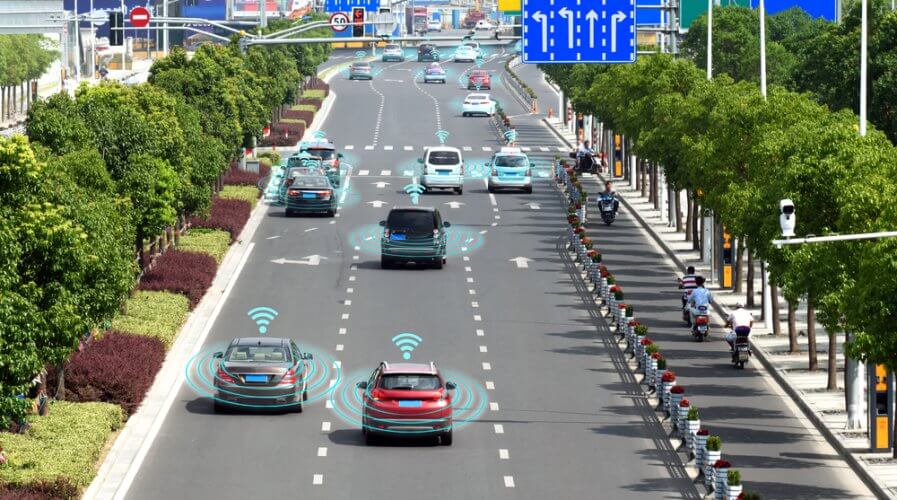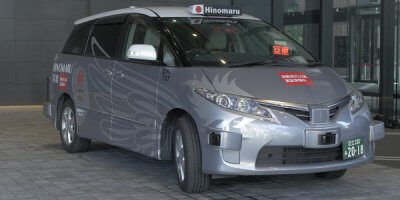
Self-driving cars are going to change how people commute, transforming the nature of transport. More than that, autonomous driving technology will reshape the nature of work, and force industries to change their business models. Source: Shutterstock
Self-driving cars will change more than just the way you drive
AUTONOMOUS vehicles are going to change how people commute, transforming the nature of transport.
However, that’s just a part of the narrative. Beyond transport, autonomous driving technology will reshape the nature of work, and force industries to change their business models.
Transporters, vehicle makers, and technology companies will be the first to feel the impact of this dynamic shift — followed by the government, insurance providers, and businesses in other industries.
Automotive
Automakers are already getting a sense of the dynamic shift towards autonomous vehicles in the market and are attempting to transform into tech companies to better cater to the new demand.
Ownership of cars is expected to drop as the younger generation opts for car sharing models. With autonomous vehicles, the next generation of owners wouldn’t be looking to make a personal statement. Instead, the differentiating factor for automakers would be the consumer experience in the car, rather than the performance of the vehicle.
This also means people will be more willing to commute to work. People living in rural areas can have access to jobs in cities without the burden of higher rents or tiring commutes.
Logistics and shipping
In industries such as freight transport and farming, autonomous driving technology is already helping make operations more efficient, predictable, and economical. There are fewer interruptions due to inefficiencies in transitioning between mode of transports, as well as delays caused by other human processes.
Although this would greatly impact the job market for freight drivers, there will be a higher demand for people to fill new jobs, such as software engineers to create and maintain the robots needed to perform those tasks.
Insurance
In the short term, insurance premiums will be much higher as there are a lot of uncertainties revolving around the technology, not to mention the complexities of attributing liability in the event of an accident.
Long-term changes, however, will see insurance models totally rewritten. Millennials generally care less about vehicle ownership, which means insurance can no longer operate purely on subscription-based models tied to a vehicle. Instead, the industry will move to a short-term or usage-based model.
Government
Regulators and policymakers play an integral role in bringing together all the promises of autonomous driving.
It is necessary for governments to make the necessary investment to improve existing infrastructure and bring in new regulations to ensure safety and security.
READ MORE
- Strategies for Democratizing GenAI
- The criticality of endpoint management in cybersecurity and operations
- Ethical AI: The renewed importance of safeguarding data and customer privacy in Generative AI applications
- How Japan balances AI-driven opportunities with cybersecurity needs
- Deploying SASE: Benchmarking your approach




